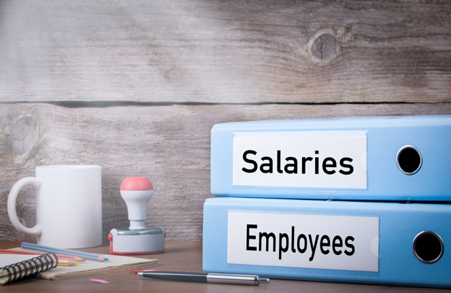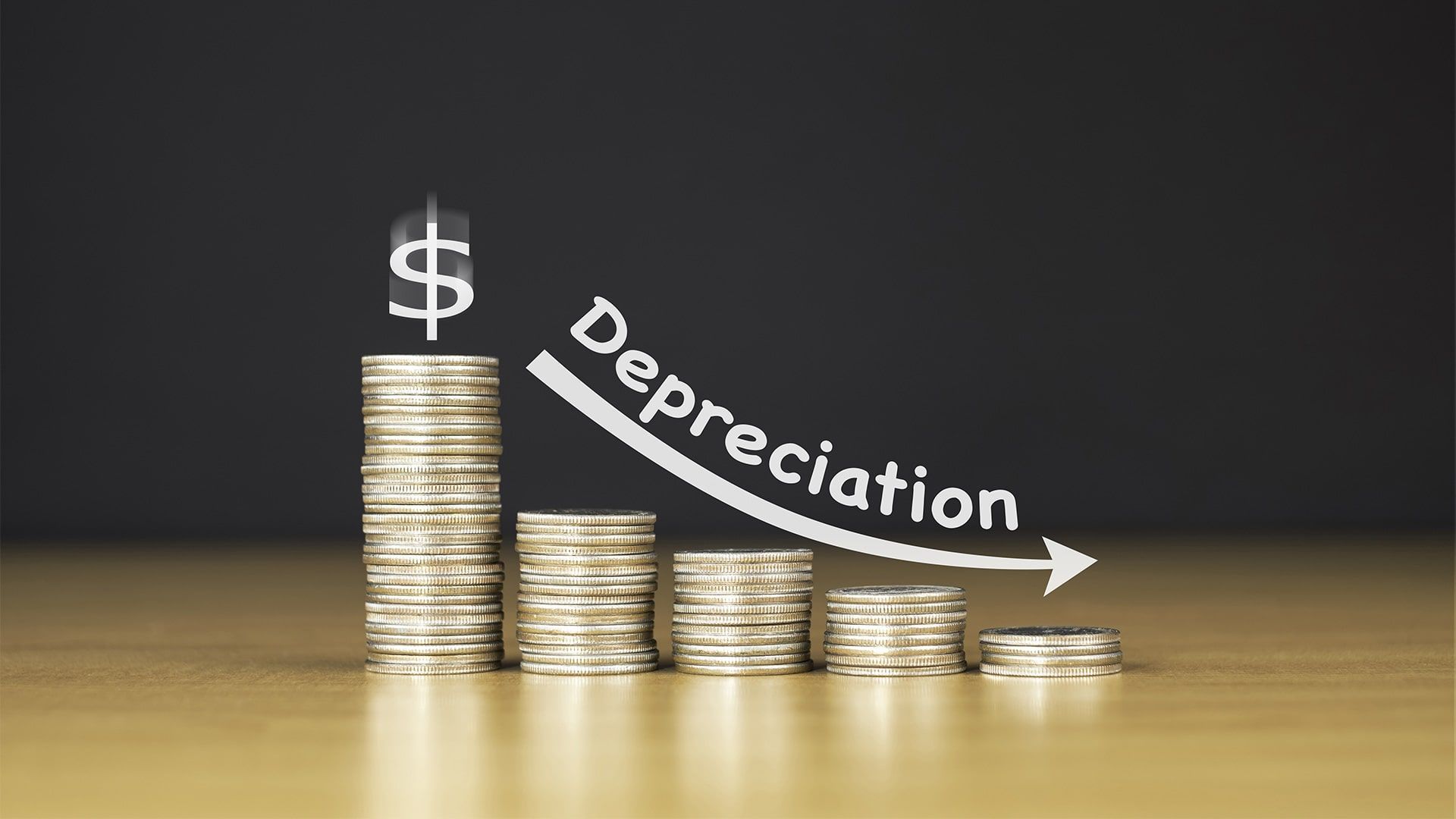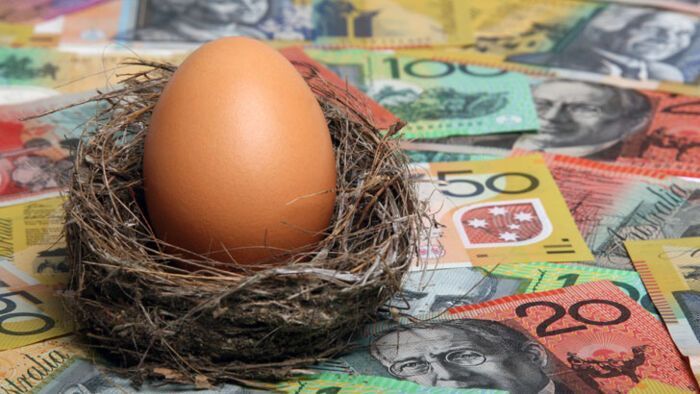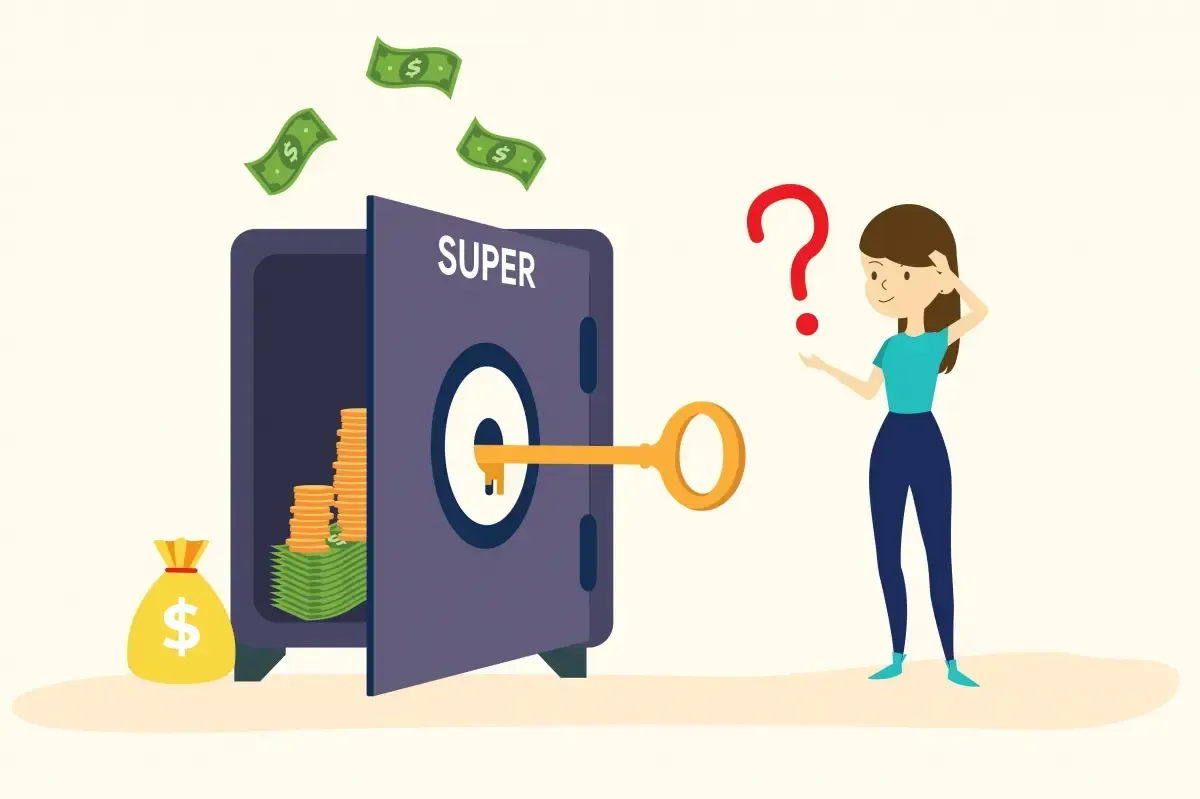End of Financial Year Checklist
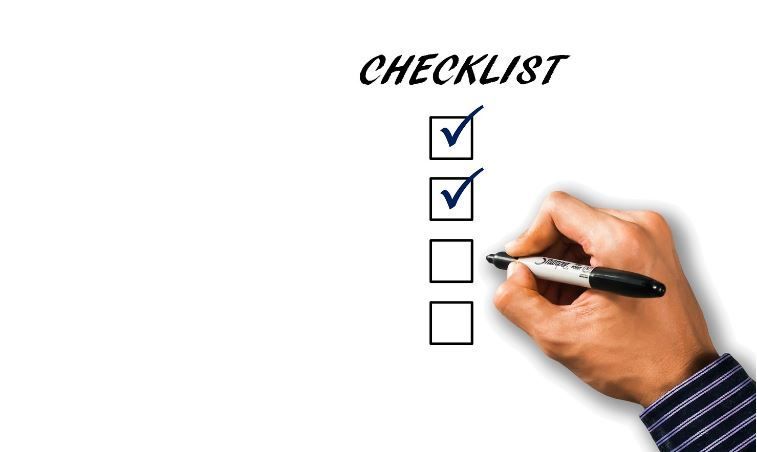
First of July is the best day to start your preparations for your financial statements and business tax return. Second of July is the second-best day and, following that logic, the thirty-first of January next year is the 215th best day.
Everything is fresh in your mind on the first of July. Take the opportunity. You will be glad later that you did. Here is a suggested checklist to get you started.
- Reconcile your bank accounts. This is usually much easier than it was years ago because outstanding deposits and payments are becoming rarer. Take a copy of your bank statement to give to your accountant. He or she needs it for quality control purposes.
- Check your debtors. Are they real? Will they all pay? Are there some that can be written off as bad debts? You are supposed to write them off by 30 June if you want to claim the deduction in that year.
- Stocktake. If you have trading stock and you are required to do stocktakes (some are not) the best time is now and it is, fortunately, a weekend this year. Write-down or write-off damaged or unsaleable stock.
- Livestock. If you have livestock, the best time to complete your livestock schedule is definitely now. Months later you have to work backwards, taking into account recent sales, purchases, births and deaths. It is so much easier on 1 July. A man once told me that his accountant asked him how many cattle he had and he said “About 700”. His accountant said that he needed to know the exact number so, tongue-in-cheek of course, he said “Ok. You got me. I have 697.4 cattle”. His accountant wrote down 697.4.
- Check for prepayments. Did you prepay anything or did someone prepay you? It is more common than you might think, especially at 30 June. Advise your accountant, because prepayments might have a different accounting and tax treatment from ordinary payments. In particular, there are circumstances where you do not have to pay tax on prepayments you have received.
- Depreciation. Did you buy any depreciable plant, equipment or motor vehicles during the year? Provide the details to your accountant. Even better, when you buy, ask the salesman to send a copy of the invoice to your accountant. That only takes five seconds. I timed it. Otherwise you have to chase through paperwork months later to find the invoice. Then you have to post or scan and email and this usually takes a lot longer than five seconds. Besides, your accountant has the clock ticking while chasing you for the paperwork so you can save yourself some money by getting in first.
- Financed assets. Did you finance any purchases? If so, same story as in the dot point above.
- Sale of assets. Did you sell any assets? There might be capital gains tax issues or depreciation adjustments. Advise your accountant.
- Creditors. Do you have any creditors (accounts payable)? Often these are tax-deductible even if you have not paid them by 30 June. In most cases creditors will not be recorded in your accounting system. You will have to wait until the invoices arrive. You can send copies to your accountant or send a list, remembering to include the GST status.
- Business Activity Statements. Lodge your June BAS as soon as possible. This is necessary in order to reconcile your GST and PAYG Withholding balance. Any PAYG Instalment paid in the June BAS is taken into account when your business tax return is being prepared.
- Sales. It is not a bad idea to scroll through your sales transactions. It is surprising how often a deposit is posted to sales even though it might be a medicare refund or a Lotto win or some other non-assessable deposit. Your accountant will scroll to identify these issues but nobody knows your business better than yourself. Do not pay tax unnecessarily.
- Payroll. If you have employees, you are required to finalise their payroll information via Single Touch Payroll (STP Phase 2) by 14 July, but earlier is better. Check that your total gross payroll in STP agrees or reconciles with the wages total in your profit and loss account.
- Super guarantee. Pay super guarantee payments as soon as possible but no later than 28 July. Remember that the super guarantee rate increases to 11% from 1 July 2023.
This checklist will not cover everything but it is a good start. I hope it helps. Give us a call if you have problems. The number of ways that something can go wrong in accounting is unlimited. You can have five firewalls in place and every now and then all five will fall over. We are here to help.
Our Services
a
Businesses
Business Advisory
Rural Accounting
Tax Planning
Accounting Software
Business Start-up
Business Structure
Company Administration
a
Personalise
Tax Returns
Superannuation
Trusts
Rental Property
Estate Planning
Succession Planning
a
Community
Clubs and Associations
Grant Applications
Contact Us
a
Office Location
68 Ash Street, Barcaldine QLD 4725
Postal Address
PO Box 104, Barcaldine, QLD, 4725
Phone: 07 4651 1341
Email: admin@walshaccounting.com.au
ABN:
59 330 650 357
 CPA
CPA
 NTAA
NTAA
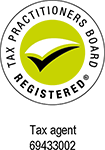 Tax Agent
Tax Agent
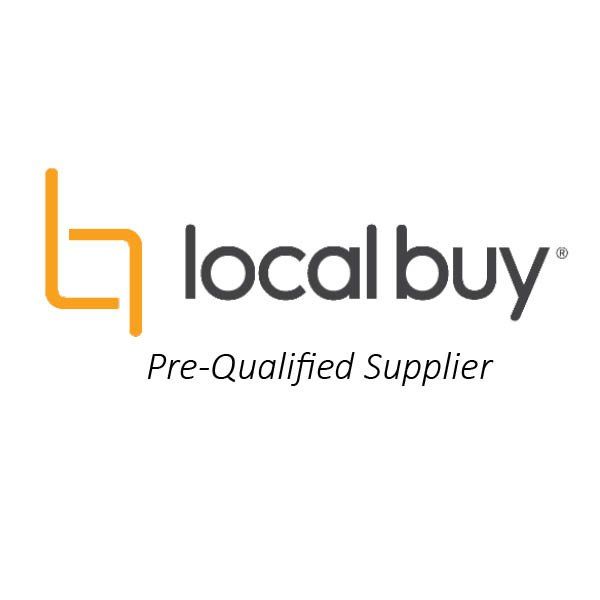 Local Buy
Local Buy
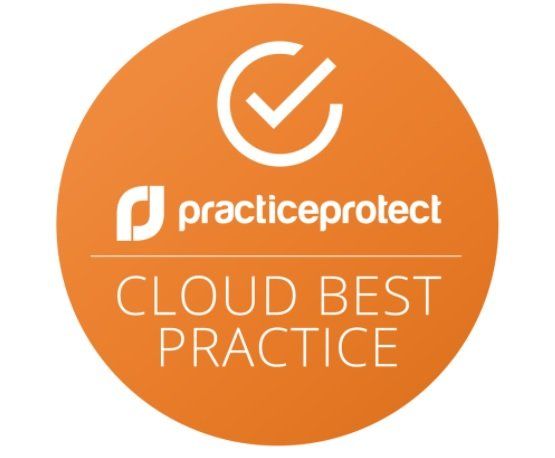 PracticeProtect
PracticeProtect
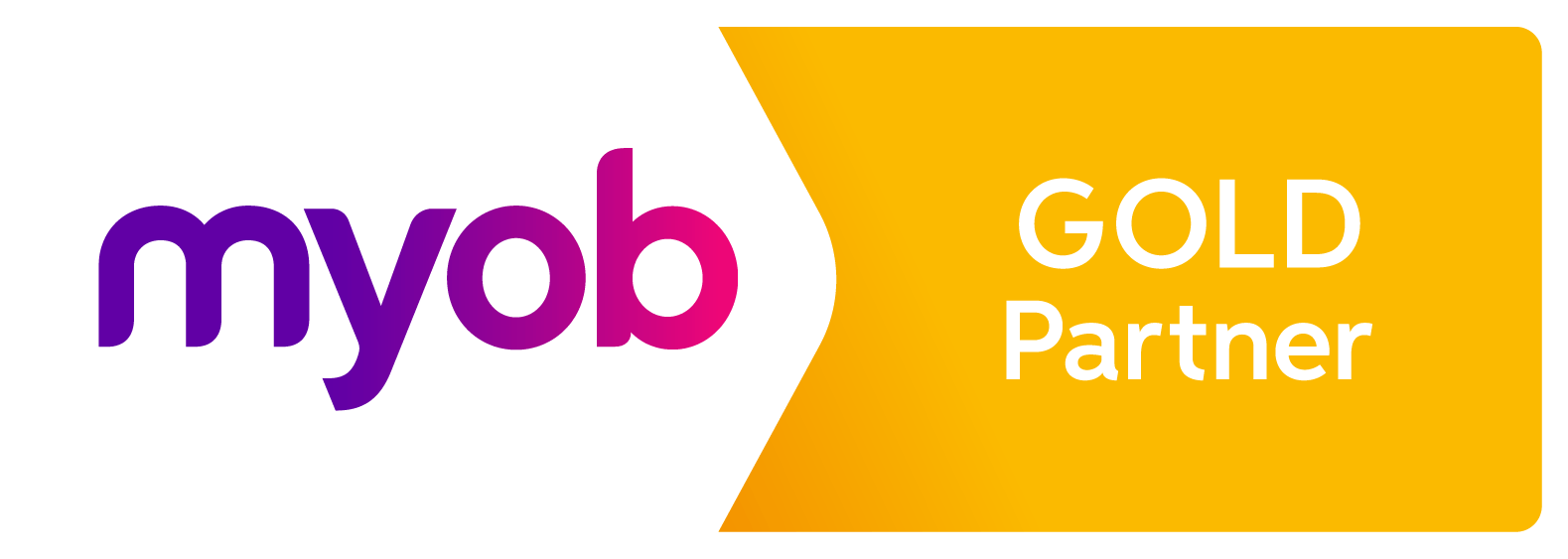 MYOB Gold Partner
MYOB Gold Partner
 Xero Silver Partner
Xero Silver Partner

